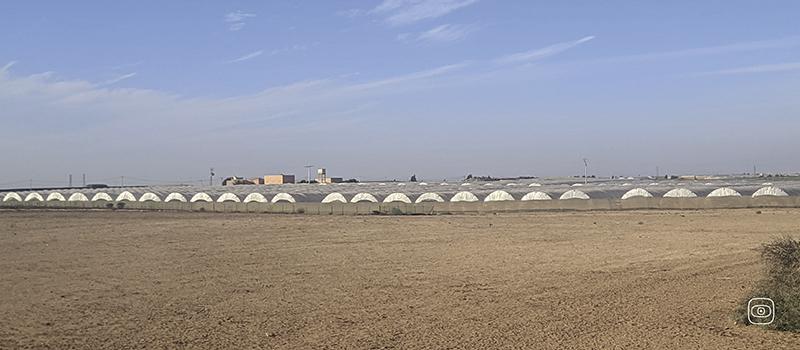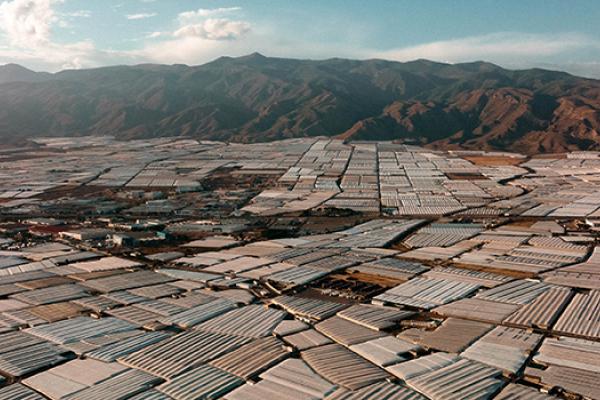In the heart of winter, French stalls still offer the possibility of consuming tomatoes, which should normally be out of season. Most of them are coming from Morocco — thanks to the agreements between the country and the European Union, the country has become the “EU’s gardener”.
This export-oriented sector has undoubtedly modernised local agriculture and improved the incomes of the populations. But it has also created countless imbalances on different aspects:
- water with excessive pumping of groundwater while the region benefits from very little rainfall;
- wage inequalities between large exporting companies capable of mobilising resources to supply the export sector and small producers unable to comply with export standards;
- energy by increasingly focusing on the costly desalination of seawater to continue this profitable business.
On the European side, the massive import of Moroccan tomatoes also generates anger among producers who denounce "unfair competition" and a revision of the free trade agreement. While Mercosur is at the heart of the debates in France, Moroccan tomatoes remind European consumers how their way of consuming has effects well beyond their own plate.
Illustration: Ghassan Waïl El Karmouni





